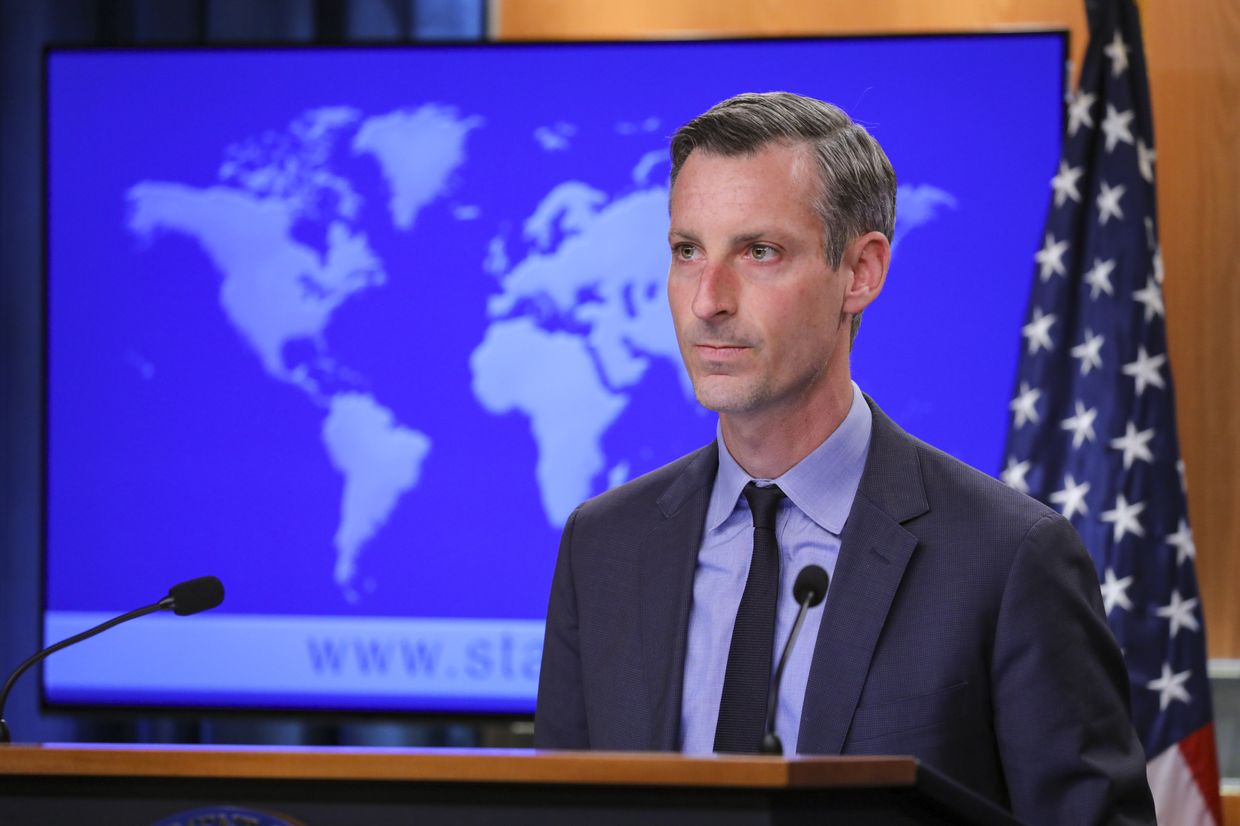Moldovan President Sandu approves changes to treason law despite concerns from opposition, Amnesty International

Moldovan President Maia Sandu approved changes to the country's treason laws on June 10, overriding concerns from opposition parties and Amnesty International.
The changes, which were approved by the parliament the previous week, apply some wartime treason laws to peacetime, extend punishments, and create a new category of laws for assisting a foreign state.
The legislative changes follow earlier reporting in June that the former chief of the General Staff of Moldova's army had allegedly been an informant for Russia's military intelligence agency.
Pro-Russian opposition parties condemned Sandu's decision, claiming that the changes to the criminal code limited freedom of speech and the ability of opposition journalists to work unimpeded.
The concerns were also echoed in a report published in May by Amnesty International, which said that "the broadened definition of high treason is vague and open to abuse."
Chisinau has been supportive of Ukraine throughout the full-scale war and cracked down on Russian subversive operations at home, expelling dozens of diplomats and embassy staff in July 2023 after revelations of espionage activities.
Elected on a pro-EU platform in 2020, Sandu has continued to make Moldova's EU accession one of her top priorities, drawing the ire of pro-Russian political parties.
The European Council agreed to open accession talks with Ukraine and Moldova in December 2023. Moldova's parliament then announced in May that it would be holding a referendum on joining the bloc in October, which will coincide with the presidential election, in which Sandu is seeking another term.
While recent polls have found that a majority (63%) of Moldovans support joining the EU, a significant minority, often linked to pro-Russian sentiment, remain opposed.














